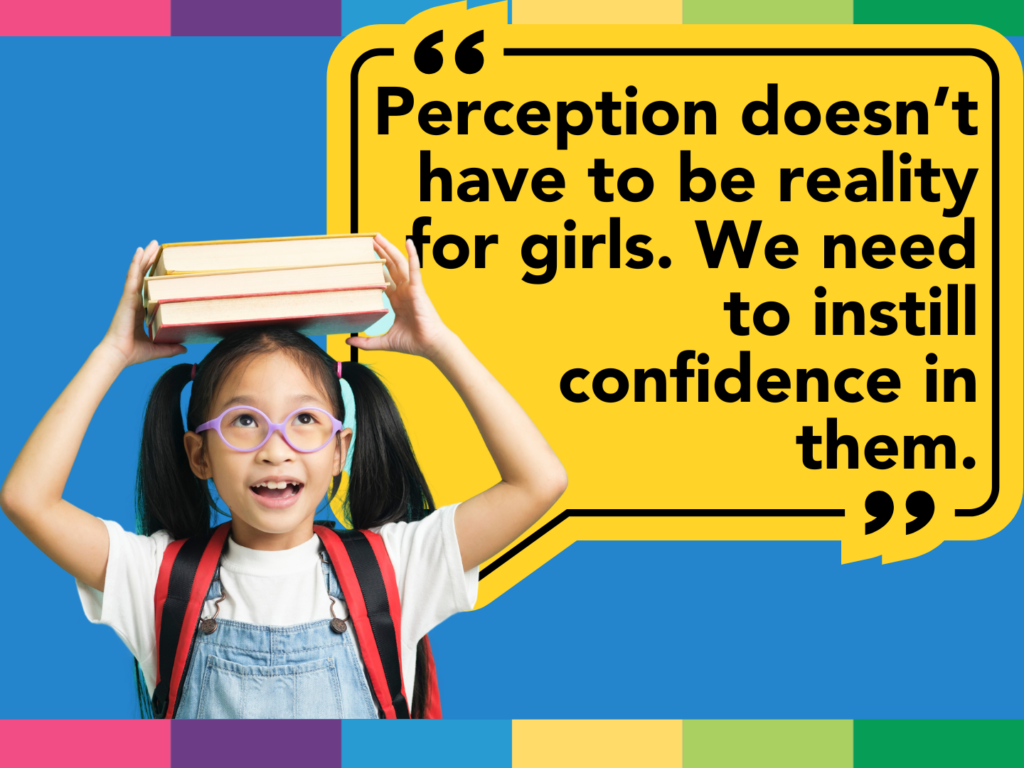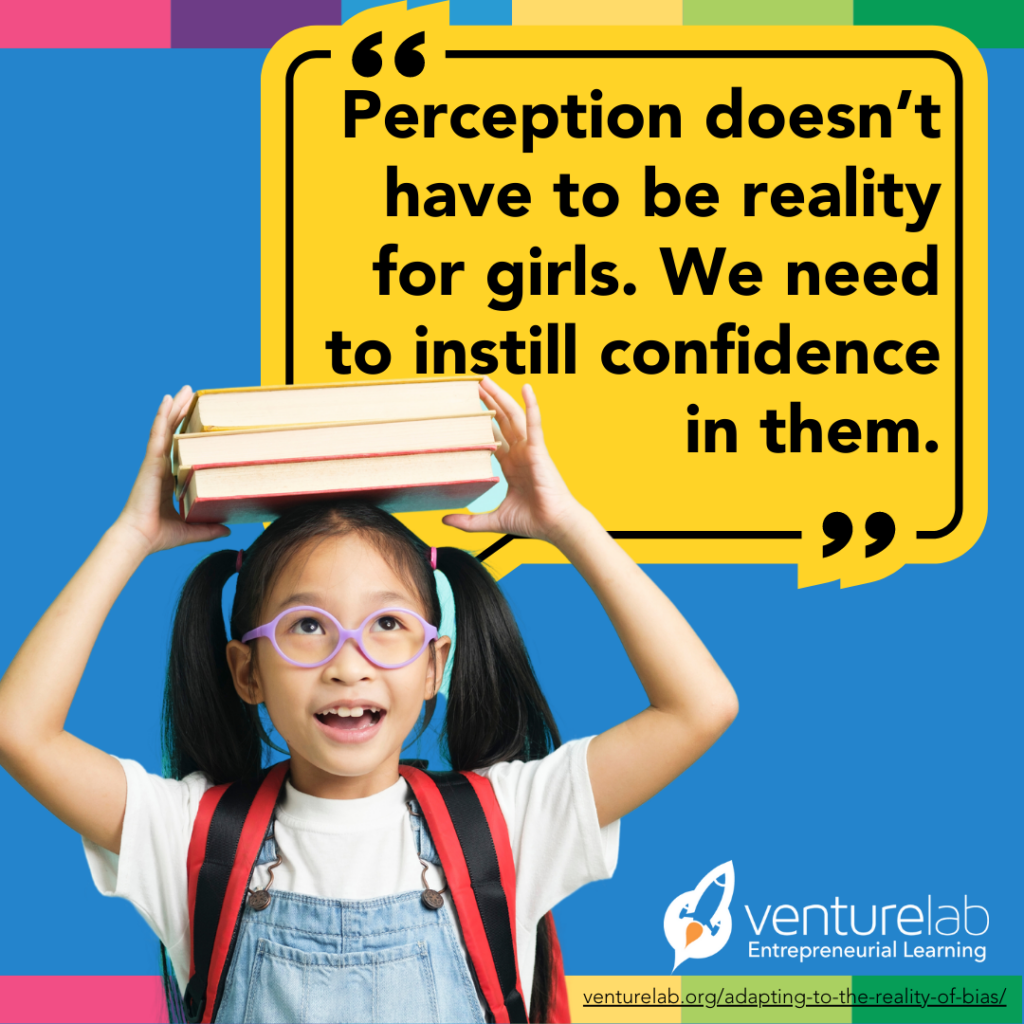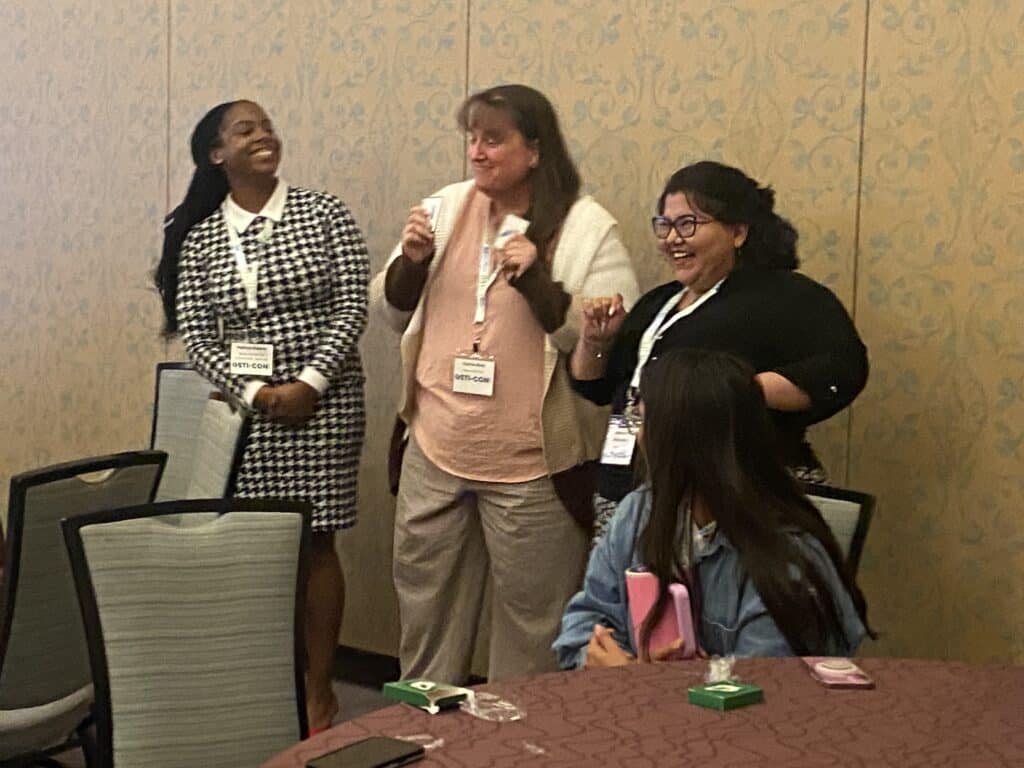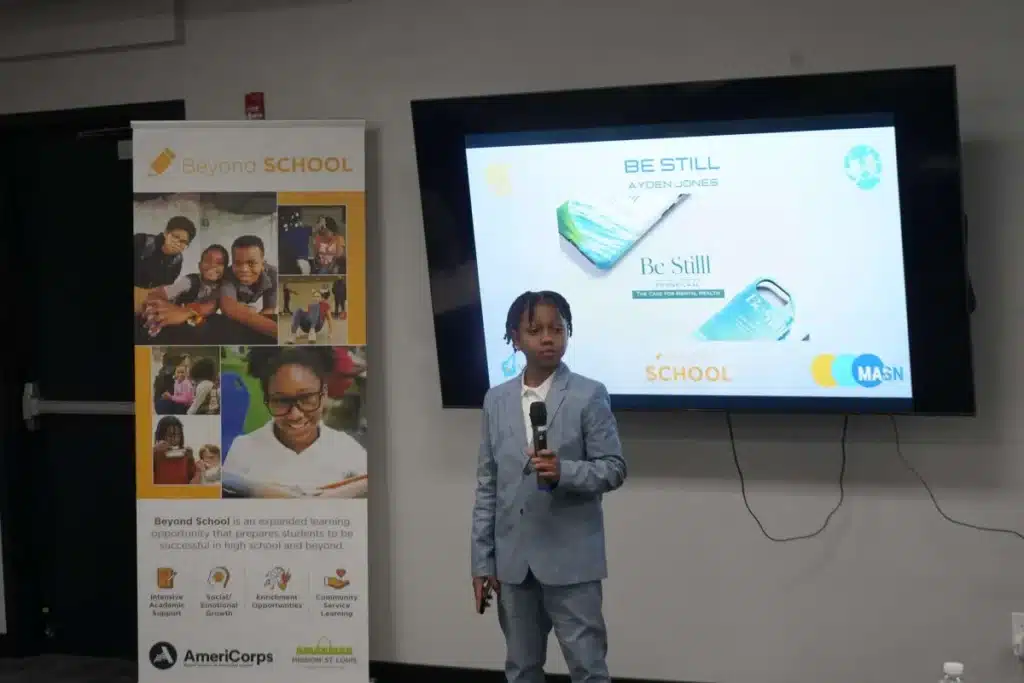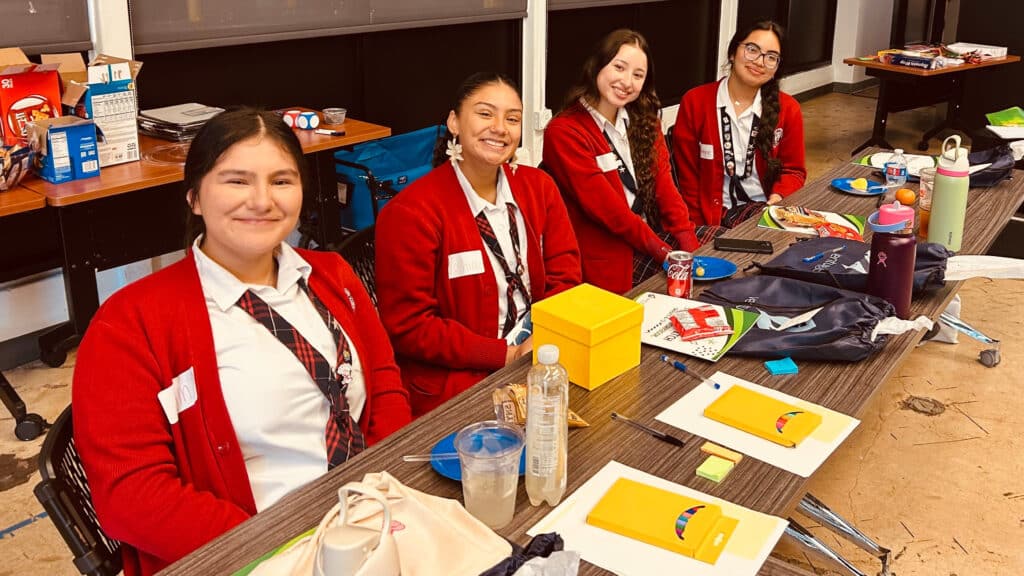How many times have you been overlooked, ignored or talked over? If you’re a woman, probably more times than you can count.
Huffington Post writer Soraya Chemaly recommends that every girl should learn these 10 words: “Stop interrupting me,” “I just said that,” “No explanation needed.”
These are important because studies have repeatedly shown that women are interrupted more than men, by both men and women. Even women doctors are more likely to be interrupted by patients than their male counterparts. The preference for hearing what men have to say is related to “mansplaining,” a term coined by writer Rebecca Solnit to mark the tendency of some men—those in whom overconfidence meets cluelessness—to monopolize a conversation. I think virtually every woman in science, engineering and other male-dominant sector has experienced “mansplaining.”
One successful woman entrepreneur who was getting ready for one of her first interviews got not only a nice haircut, but for the one and only time in her life, acrylic nails. At her job interview, she said, “This guy looks at me in disbelief. As if, ‘how can this young girl know anything about algorithms or programming?’ He said, ‘I’ve never met anyone who looks like you.’ I remember thinking that it is kind of a weird thing to say in an interview.” She nevertheless got the job.
A couple of years ago, Sir Richard Timothy Hunt, the British biochemist and molecular physiologist who was awarded a Nobel Prize in Physiology or Medicine with Paul Nurse and Leland H. Hartwell, created an outcry when he spoke about women in the sciences. While speaking to a group of science journalists, he said, “Let me tell you about my trouble with girls. Three things happen when they are in the lab: You fall in love with them, they fall in love with you, and when you criticize them they cry.” His statement that women in the lab are “distracting” led to a global backlash, and the hashtag #distractinglysexy on which female scientists have posted hundreds of photos of themselves in lab coats, hard hats, safety goggles.
Women have had to adapt to this unfortunate reality. Maria Klawe knows it well. President of Harvey Mudd College, one of the nation’s premier institutions for engineering and computer science, Klawe is one of the most accomplished women on the planet. She has a PhD in math from MIT. Forbes magazine in 2014 named her 17th on its list of the world’s 50 Greatest Leaders, reporting that she is “leading the charge to bring more women into science, technology and engineering.”
“The vast majority of women who are high achievers in math, science and engineering have a common experience,” says Klawe. “Long before they get to college, they’ve had experiences where people assume that they are not particularly good at what they do. Going through that experience is extremely valuable. It makes you aware of your own assumptions and unconscious bias about people’s abilities. Women are just as likely to be biased as men are in terms of gender issues. Nothing about race or gender protects us from subconscious bias.”
Simply knowing that this phenomenon exists can reassure a girl who might otherwise wonder if she has just teleported into a strange world where her voice is reduced to a squeak. She might puzzle, is this what a meritocracy is really like? If so, am I really that near the bottom?
Perception doesn’t have to be reality for girls. We need to instill confidence in them, and the knowledge that they can achieve despite the inherent bias about what women should or should not do.
I’d love to hear from you about your own experiences in overcoming prejudice, and the role models you’ve looked to for inspiration. Thank you for sharing.

